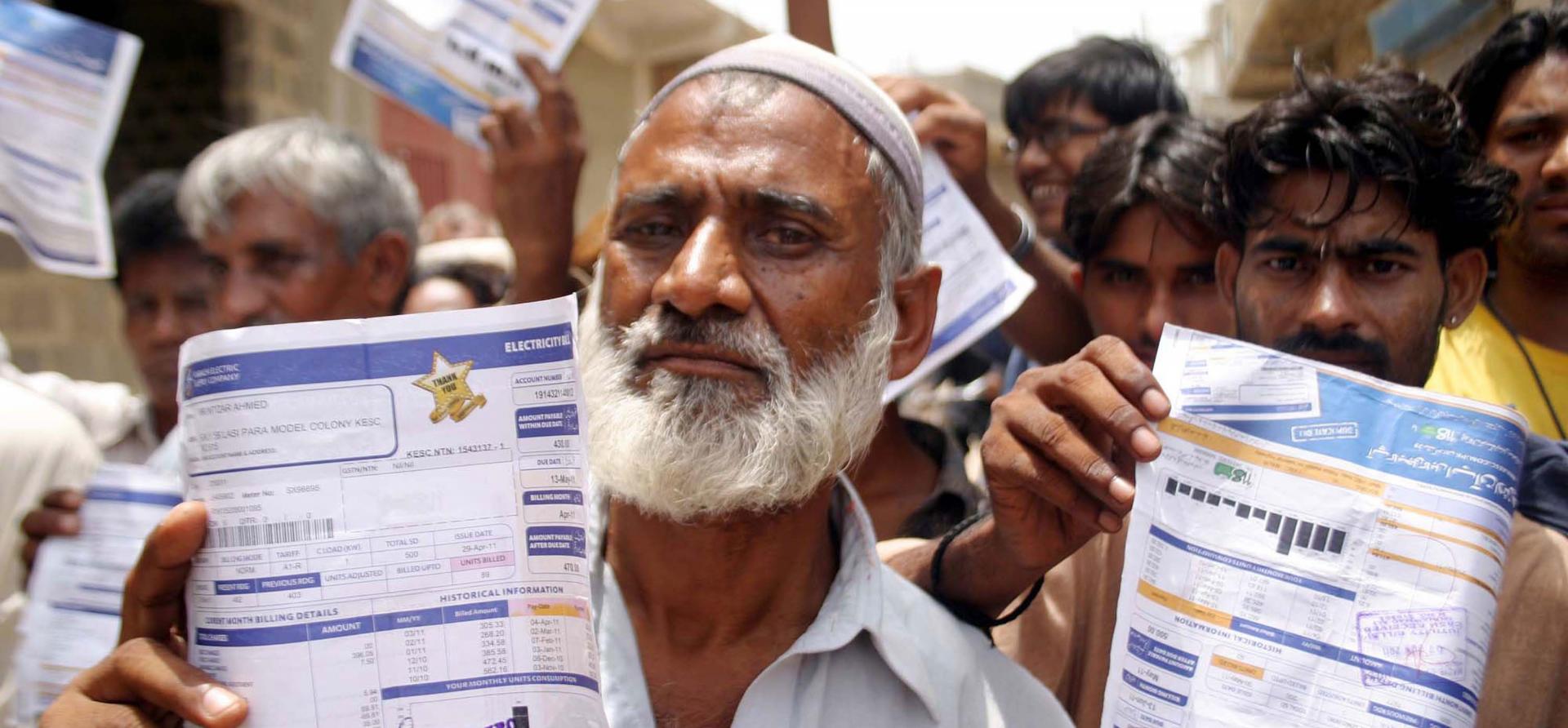Thar coal locking Pakistan into unsustainable capacity payments
Download Full Report
View Press Release

Key Findings
Two more Thar coal power projects have reached financial close so far in 2020 as the high capacity payments of such fossil fuel-based plants threaten to become financially unsustainable.
Meanwhile, the economic downturn caused by COVID-19 is now increasing the risk of Pakistan being burdened by overcapacity which will make the financial issues within the power sector even worse.
Executive Summary
The two coal-fired power proposals to reach financial close so far this year are Thar Energy Ltd’s US$500m, 330 megawatt (MW) coal power project and Shanghai Electric’s US$2bn, 1,320MW Thar Coal Block-1 (TCB-1) proposal. Both will receive large capacity payments according to their approved tariffs.
Meanwhile, Prime Minister Imran Khan noted in April 2020 that total capacity payments to public, private and CPEC power generators could reach an entirely unsustainable Rs1.5 trillion (US$9bn) in the next few years as more of such capacity is added.
The government of Pakistan has now asked China for easier repayment terms on 12 gigawatts (GW) of CPEC power projects totalling US$30bn of investment, hoping that a lower interest rate and longer repayment schedule can reduce the capacity payments needed to cover the generators’ fixed costs. Servicing of Pakistan’s total debt will take up 41% of the entire FY2020-21 budget of Rs7.1 trillion (US$43.2 billion).
The rising issue of overcapacity in Pakistan means that large capacity payments are even more of a financial burden as they must be paid to the generators even if there is not sufficient power demand for the power plants to produce electricity.















